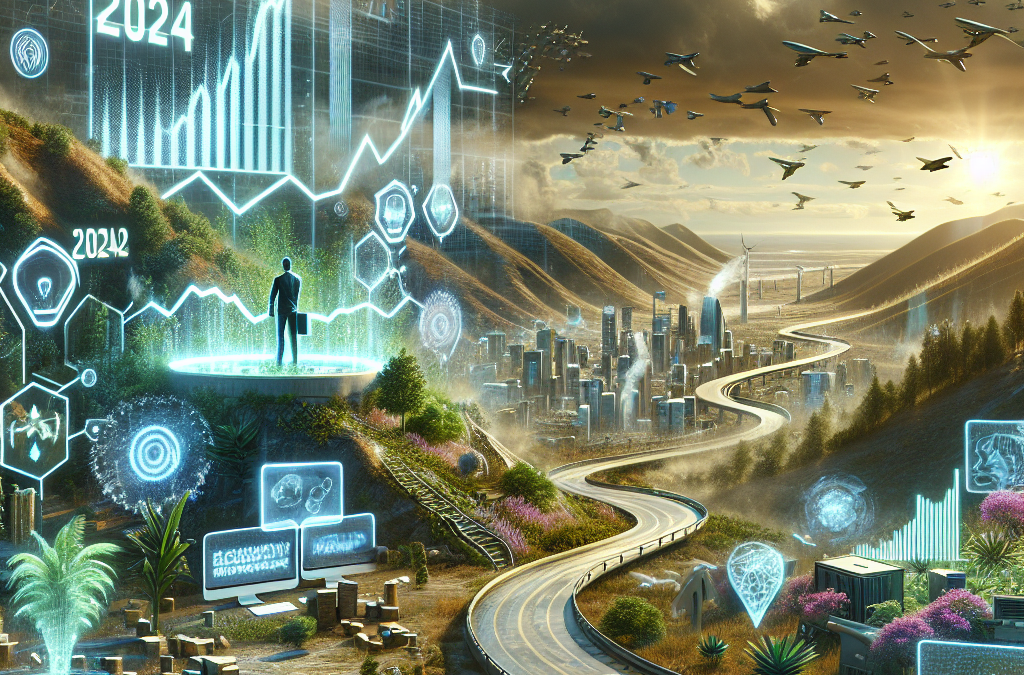In 2024, the entrepreneurial landscape underwent several dynamic changes, with businesses embracing adaptability and resilience to overcome economic uncertainties and harness the power of technological advancements. There were notable successes and failures, providing valuable lessons for strategic business planning in 2025 and beyond.
Notably, the integration of AI-powered tools, including ChatGPT, MidJourney, and various SaaS platforms, led to significant improvements in operational efficiency, customer experience, and cost reduction. However, backlash due to ethical issues surrounding AI-generated content, job displacement, and data privacy highlighted the need for prioritizing responsible and ethical AI adoption.
Despite the increasing dominance of digital commerce, businesses that successfully blended online and offline experiences observed an increase in customer engagement. The popularity of pop-up stores, in-person networking events, and hybrid workspaces indicated a preference for real-world interactions. Companies focusing exclusively on digital strategies without incorporating human connection experienced decreased engagement rates, suggesting that the future of business is likely to be a balance between digital convenience and offline authenticity.
Entrepreneurs who targeted specific audiences, such as through AI-driven fitness plans or sustainable pet products, achieved higher brand loyalty and profitability. Conversely, broad, unfocused businesses found it challenging to differentiate themselves in saturated markets, thus emphasizing

